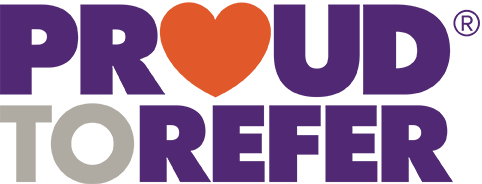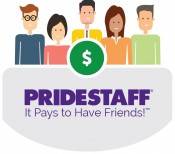You’re crafting your resume and realize you have a gap—a chunk of time when you were unemployed. And you cringe, wondering how you’ll ever get hired with that gap on your resume. And it’s true that a gap in your work history does raise a red flag for some employers. But it’s also pretty common to have a gap on your resume. And the good news is it’s perfectly justifiable. Many hiring managers won’t even think twice about it once you explain it. Here are three ways to address work history gaps.
Be honest
Do not lie about the reasons for a gap in your work history. And don’t try to cover the fact there was a gap by fudging your employment dates or adding a phantom employer to the experience section on your resume. Potential employers always sniff out the truth. They call references and past employers and if something doesn’t quite add up, your integrity is on the line. Most companies won’t hire someone who even hints at being dishonest. Instead, let your honesty show off your confidence and sincerity—two qualities all employers are looking for.
Omit a job or two
It should be noted that on a resume, you can list the dates simply by the years instead of including the months and dates you were employed. This makes a gap look less obvious. On a job application, however, they sometimes request the month you were hired and stopped working. In which case, supply all the information honestly. However, if you’ve been in the workforce for a while, it’s not uncommon to omit some of your jobs in your work history. If you leave off a few, less significant jobs, then a gap is less noticeable. Many hiring managers will assume you just didn’t include every single position you’ve ever had because not all are relevant or even recent enough.
Focus on the learning opportunity
Remember there are very valid reasons for employment gaps. You might be staying home with small children, caring for a sick relative, suffering from a serious ailment yourself or even traveling and seeking high adventure. If those are the reasons, then you should be at ease discussing the gap. Be honest and focus on what you learned in the process. What skills did you pick up? Or what realization did you have? You might have even learned a lesson about yourself and your true passions in life. Share those things. Some people even take classes, attend workshops and seminars or develop hobbies during those gap months and years. Don’t hesitate to share that information, too.
Resumes are a great way to leave a powerful first impression on a potential employer, so make sure yours is in top-notch form! For more tips on crafting the perfect resume and preparing for an interview, contact PrideStaff Thousand Oaks today.



